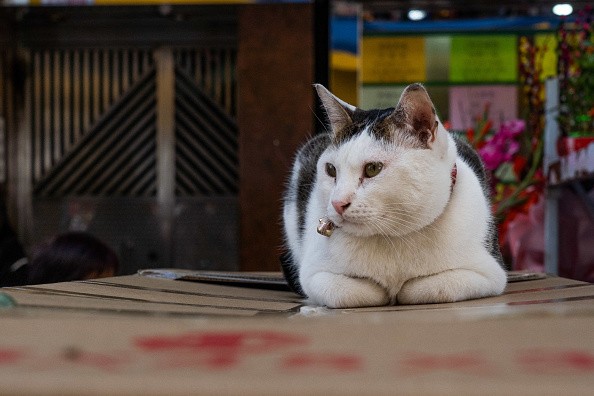The delta variant, which was first diagnosed in humans, has recently been detected in a cat, reports have shown high possibilities of the variant spreading among cats.
This has raised some concerns since the animal may spread the virus to humans, especially those living with cats as domestic pets.

Delta Variant Identified Among Pets
Recent studies have shown that cats have a very high chance of contracting the SARS-CoV-2 virus. Unfortunately, there appears to be no early noticeable symptom and the virus can be transmitted to humans.
Additionally, researchers fear the possibility of this virus growing or mutating to an even more dangerous virus that could spread faster than the SARS-CoV-2 virus due to its lack of early symptoms, since it could quickly spread through household pets that come in contact with lots of humans daily.
These theories have kept researchers on their toes after there was a recent report about domestic house cat in southeastern Pennsylvania diagnosed with the delta variant in September 2021.
Also, other new variants of covid have been reported to be spreading among pets just like humans, but no cases of these viruses mutating due to its contraction from an animal have been recorded, as per Science Alert.
Sampling at Different Body Site
An analysis of about 4,200 human cases in Delaware, Pennsylvania showed only 5%, with ten single nucleotide variants contracted from cats. According to the observation, these variant mutations showed no reaction or changes in the human.
Veterinarian Elizabeth Lennon from the University of Pennsylvania said: "When we looked at a random sampling of human sequences from our geographic area, there wasn't anything dramatically different about our cat's sample," according to Science Daily
Although these studies were basically for the delta variant, another variant known as the AY.3 variant was also tested from another cat in Virginia about a month earlier.
A surprising report while testing shows that it can only be identified in a fecal test but this has not been fully confirmed as there are still possibilities that the specie of the animal affected the method of testing.
Examining the Infected Cat
The cat was brought to the hospital after suffering from anorexia, lethargy, vomiting, and soft stools for several days and according to the report. Its owner also tested positive to a covid variant days ago. Due to isolation, it was impossible to test if both variant are the same and if the cat contracted the virus from its owner.
The spread of Covid-19 started from the animals before jumping to humans and then spreading and mutating to different variants.
Although these mutations only happens in humans, there are still possibilities of these variant mutating in cats which might be very much dangerous to human. This is why scientists are trying out every possible means to prevent these viruses from spreading among cats or other domestic animals.
Related Article : Coronavirus Oubreak in Animals: 60% of Deer in Michigan Tested Positive for COVID-19
For more news, updates about covid-19 and similar topics don't forget to follow Nature World News!
© 2025 NatureWorldNews.com All rights reserved. Do not reproduce without permission.





